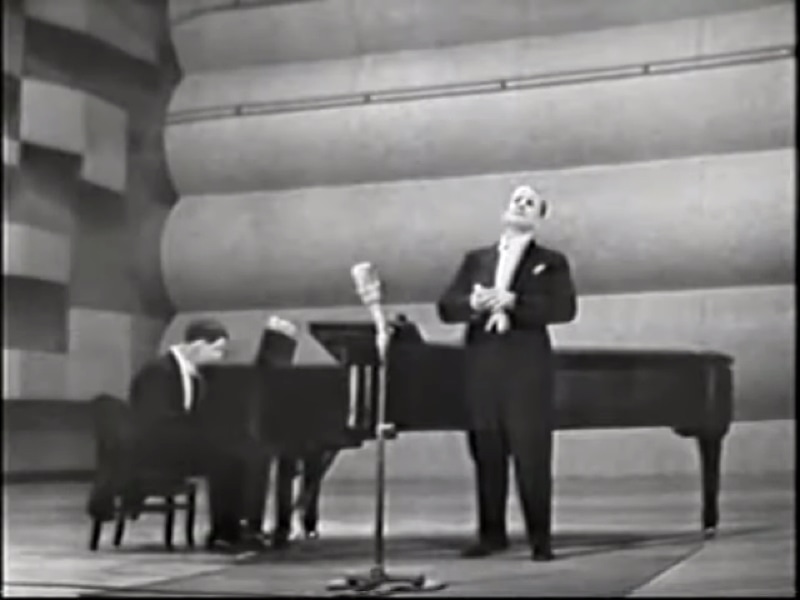What do singers need for online singing lessons?
Filed in: Teaching and Learning
One thing, often overlooked for online lessons is that both the teacher and student need a copy of the same edition of the same music. But singers need still more.
Sometimes I get students to photograph their music and send me a copy - sometimes I ask them to order a copy. More often I buy what they have. In face-to-face lessons, I can see enough over their shoulder to know if its right or not, but I can't do that online. Sometimes, I have given them a book, and not kept a copy for myself - so I buy another Fur Elise, another Grade 6 book. I have another copy now of Trinity Grade 3 and 6 exam books, and more Andrew Lloyd Webber on order. Today, I took delivery of Hal Leonard's 100 Most Beautiful Piano Solos, which is not normally a book I would be seen within a 100 miles of.
Singers, however, need more than having the same copy of the music as the teacher: they need some way of playing backing tracks, not on the device that they are using for the camera. I put copies of backing tracks in a folder in the cloud, and advise students that it is probably better to download them to play them, rather than stream.
It doesn’t matter if the sound comes through a speaker or through headphones.
Having said all that. I am immensely impressed that so many of my students can sing the song without accompaniment. It does make me wonder why I play the piano for them in lessons, when they clearly don't need me most of the time.
There is a final corollary here: we can only do songs for which I have (or can make) sheet music, a demo track and a backing track (in the right key and at the right speed!).
As regards demo performances: there are great repositories of recordings online. For example, when E. was learning Purcell's "I attempt from Love's sickness", I had her listen to different performances: Mark Stone, Nancy Argenta, and also Peter Pears on YouTube.
Which recording do you prefer? Nancy is fast. For me Peter Pears has the most scrupulous attention to the meaning of the words (listen to the way the word “fly” actually flies – the note values are uneven – then a diminuendo at the end of the words, and a little stabbing accent on “vain”. Brilliant. Let it run into “Man is for the woman made”.
Mark Stone makes a beautiful sound – straighter than Pears, but with amazing breath-control. Note the second chorus is quieter (to get a contrast with the verse). Also, he doesn’t take a breath at the end of the second verse back into the chorus!!










